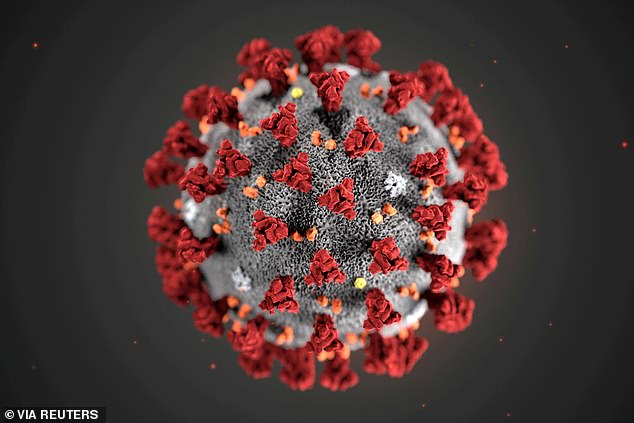Many COVID-19 patients are at risk for acute kidney failure, according to a new study.
Acute kidney failure—also called acute kidney injury (AKI)—is a serious complication of COVID-19 that’s underreported and not well understood, the Northwestern University researchers said.
The death rate for patients with severe acute kidney failure is about 50%, they noted.
“Patients in the hospital with COVID-19, and especially those in the ICU, are at risk for AKI, perhaps as many as 25% to 30%,” said lead author Dr. Daniel Batlle, a professor of medicine and a kidney specialist at Northwestern, in Chicago.
For the new study, Batlle and his colleagues reviewed two recent studies from China with details about kidney tissues from patients who died from COVID-19.
The type of acute kidney failure in COVID-19 patients is complex and involves several factors not typically seen in an AKI patient in the intensive care unit (ICU), according to the Northwestern researchers.
Those unique factors include possible invasion of the kidneys by the coronavirus, a tendency to form blood clots, and the formation of active mediators of inflammation.
The report, published May 4 in the Journal of the American Society of Nephrology, is the first to examine possible mechanisms that cause acute kidney failure in COVID-19 patients, according to the authors.
“These new findings should encourage health care providers to increase the focus on the kidneys and obtain proper information about kidney function and structure in COVID-19 patients who develop AKI,” Batlle said in a university news release.
“A better understanding of the mechanism will foster development of effective therapies beyond the supportive care in the ICU, which is already critically important as many of these patients require dialysis-related therapy,” Batlle added.


